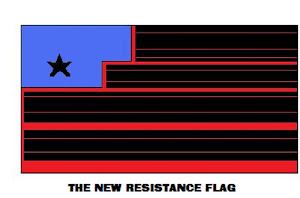Egypt, the most populous country in the Arab world, erupted in mass protests on Jan. 25, 2011, as the revolution in Tunisia earlier in the month seemed to inflame decades worth of smoldering grievances against decades of heavy-handed rule by President Hosni Mubarak. After a week of mass protests, Mr. Mubarak said he would not seek reelection but refused to step down. His government has appeared to be trying to wait the protesters out, offering a reform plan that consists of minor concessions. But the protesters, having beaten back an attempt by armed pro-government supporters to drive them from Cairo's Tahrir Square, managed to keep the movement's momentum going. On Feb. 10, the armed forces signaled they would intervene "to protect the nation,'' but in an address that night Mr. Mubarak appeared to cling to office, saying he would remain while reforms were undertaken during the remainder of his term. More than 300 people are estimated to have died in Egypt since the turmoil began, according to human rights groups.
Feb. 10
- Egypt's armed forces said they had begun to take measures to "protect the nation,'' creating a supreme military council. But in a late-night address to the nation, Mr. Mubarak unexpectedly refused to budge, saying he would stay on through the end of his term.
- Labor strikes and worker protests flared across Egypt, affecting post offices, textile factories and even the government’s flagship newspaper, providing a burst of momentum to protesters, even as the government pushed back with greater force against their demands.
- Foreign Minister Ahmed Aboul Gheit dismissed calls by Egyptian protesters and Vice President Joseph R. Biden Jr. to scrap the country’s emergency laws, which allow the authorities to detain people without charges.
Feb. 9
- Inspired in part by the emotional televised interview with Wael Ghonim, the largest crowd of protesters in two weeks occupied Tahrir Square, surrounded the Egyptian Parliament and staged sporadic demonstrations and strikes in several Egyptian cities.
- Israel, Saudi Arabia, Jordan and the United Arab Emirates have pressed the United States not to throw its weight behind the democracy movement in a way that could further destabilize the region, diplomats said.
Feb. 8
- As the authorities and protesters struggle to grasp the see-sawing initiative in the 15-day-old revolt, the government unveiled new pledges of reform, but demonstrators gathered in ever greater numbers to reject anything less than the president’s immediate ouster.
- In a live television interview after his release from an Egyptian prison, the Google executive Wael Ghonim acknowledged that he was one of the people behind the anonymous Facebook and YouTube campaign that helped galvanize the protest that has shaken Egypt for the last two weeks.
Slide Show: Young Egyptians Spread Their Message



No comments:
Post a Comment